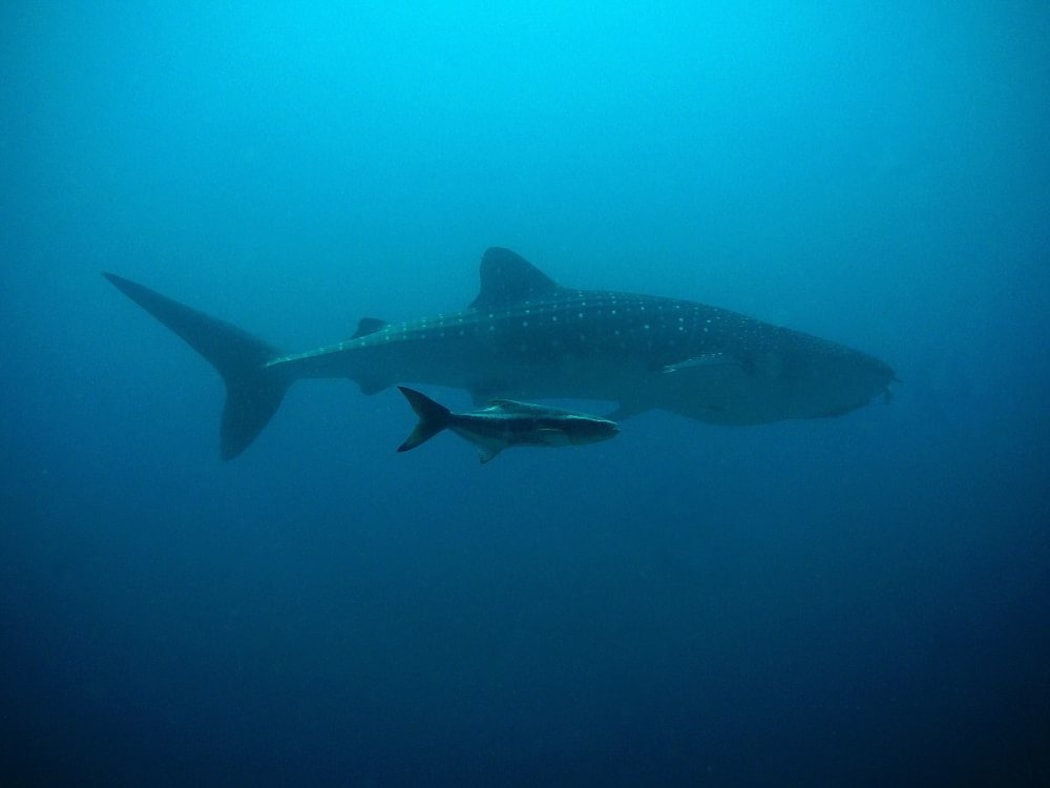This Way Up for Saturday 12 March 2016
This Way Up Part One for 12 March 2016
Eating plastic with bacteria, a diet for Type 2 diabetes, and deep sea sounds.
Science: eating plastic with bacteria
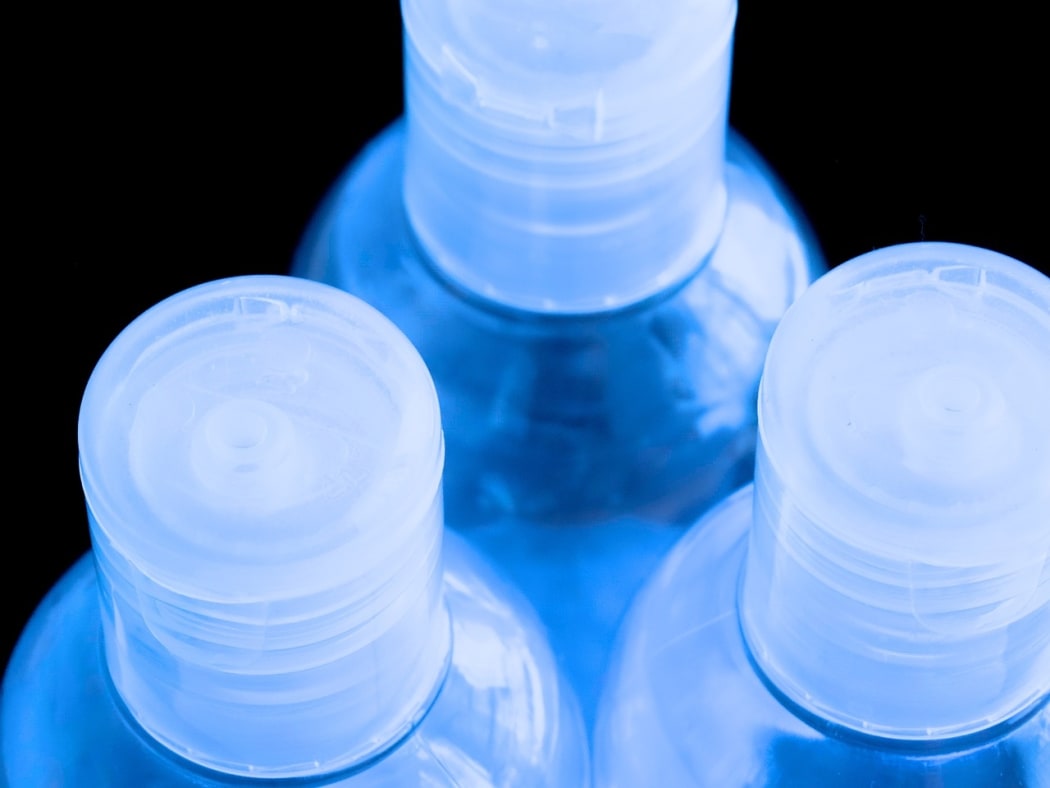
Plastic Photo: (CC0 Public Domain)
Bacteria that can break down one of the most commonly used forms of plastic have been identified by Japanese scientists.
Each year nearly 60 million tonnes of polyethylene teraphthalate (PET) plastic products are made and consumed worldwide. PET features widely in drink bottles, clothes and packaging.
But whatever its physical qualities, it's very definitely not bio-degradeable. So the plastic accumulates in seawater, soil and landfill, as well as being consumed by animals and returning to the food chain that way also.
Now a team at the Kyoto Institute of Technology led by scientist Shosuke Yoshida, writing in the journal Science, has found a strain of microbe that can eat PET.
Dr Chris Smith of The Naked Scientists told This Way Up's Simon Morton that the Japanese team found the microbe, called Ideonella sakaiensis, among 250 samples collected from PET-contaminated sites.
How these bacteria acquired the genes to degrade and digest PET is so far unknown. But the scientists speculate that the process of "lateral gene transfer", where bacteria grab random genes they can use from the environment, is probably responsible.
"Optimising these agents might be one way to clean up the millions of tonnes of plastic waste currently lying around the planet," Dr Smith said.
A diet for diabetes?
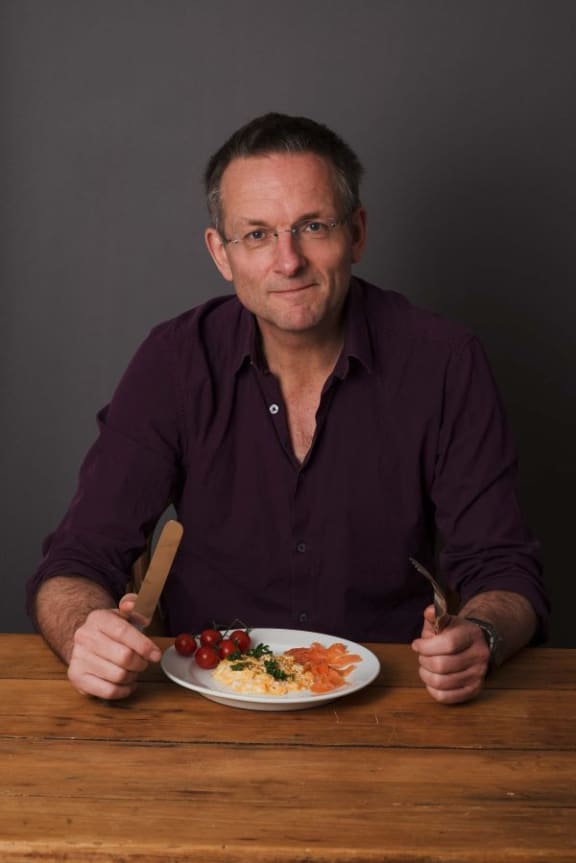
Michael Mosley Photo: (Romas Foord)
Type 2 diabetes, the body's inability to control blood glucose, is a major and growing public health issue here in New Zealand and across the developed world.
Over 300,000 people are estimated to have the disease here, with around 40 new cases diagnosed every day across the country.
A diabetes diagnosis means you have a chronic condition; there's not really any cure, and if it's not properly managed through medication, diet and other lifestyle changes this can damage your heart, blood vessels, eyes, kidneys, and nerves.
The science journalist, TV presenter and bestselling author Dr Michael Mosley has previously championed intermittent fasting as a way of losing weight and improving your health. His book 'The Fast Diet' became a global bestseller.
In his new book 'The 8-Week Blood Sugar Diet' (Simon and Schuster) he explores how you can try to manage Type 2 diabetes through dieting, without having to resort to drug treatments.
Sounds from the deep
The first audio recordings taken at the deepest point of of the world's oceans reveal that the noises humans make on the surface can penetrate to depths of over 10 kilometres.
A team from the US government's National Oceanic and Atmospheric Administration has returned from the Challenger Deep trough in the Mariana Trench in the western Pacific Ocean with their findings.
NOAA oceanographer Dr Robert Dziak tells This Way Up's Simon Morton that his team's underwater microphones picked up a host of sounds:
Listen to an earthquake (and a whale!), the rhythmic sound of a ship's propellers, and a whale call.
"You would think that the deepest part of the ocean would be one of the quietest places on Earth, yet there is almost constant noise. The ambient sound field is dominated by the sound of earthquakes, both near and far, as well as distinct moans of baleen whales, and the clamor of a category 4 typhoon that just happened to pass overhead" ~ Dr Robert Dziak.
This Way Up Part Two for 12 March 2016
Ashley Madison data breach, tech news (TV apps, video games and geoblocking) and Dr Adam Rutherford on consumer genetics.
The Ashley Madison data breach

Ashley Madison screenshot Photo: (Creative Commons)
'Life is short. Have an affair' is the motto of the 'original extramarital affairs' website Ashley Madison, a subscription service offering to introduce you to other like-minded individuals seeking intimate liaisons.
But in the the middle of last year hackers exposed the secrets and personal data of tens of millions of Ashley Madison users to the eyes of the world. The breach had devastating consequences for many.
Troy Hunt of haveibeenpwned.com is an Australian internet security specialist who found himself advising and helping many of those caught up in the Ashley Madison affair.
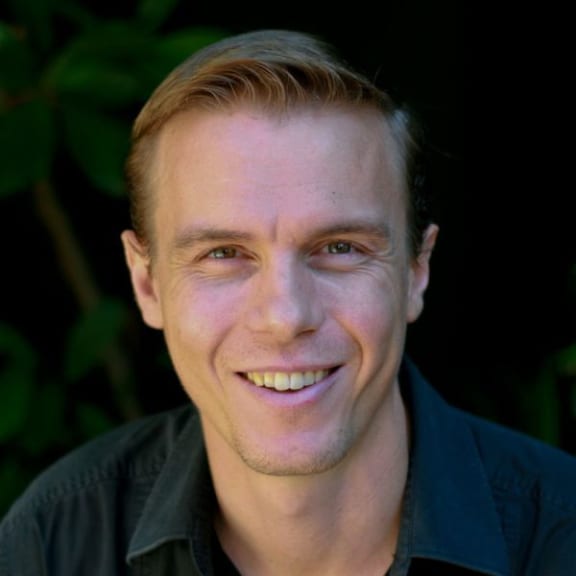
Troy Hunt of haveibeenpwned.com Photo: (Supplied)
Tech: TV apps, video games and geoblocking
Peter Griffin has technology news and the government wants your views on geoblocking and other technological protection measures or TPMs. Plus more evidence that New Zealanders love playing video games, and that we're pretty good at designing them too!
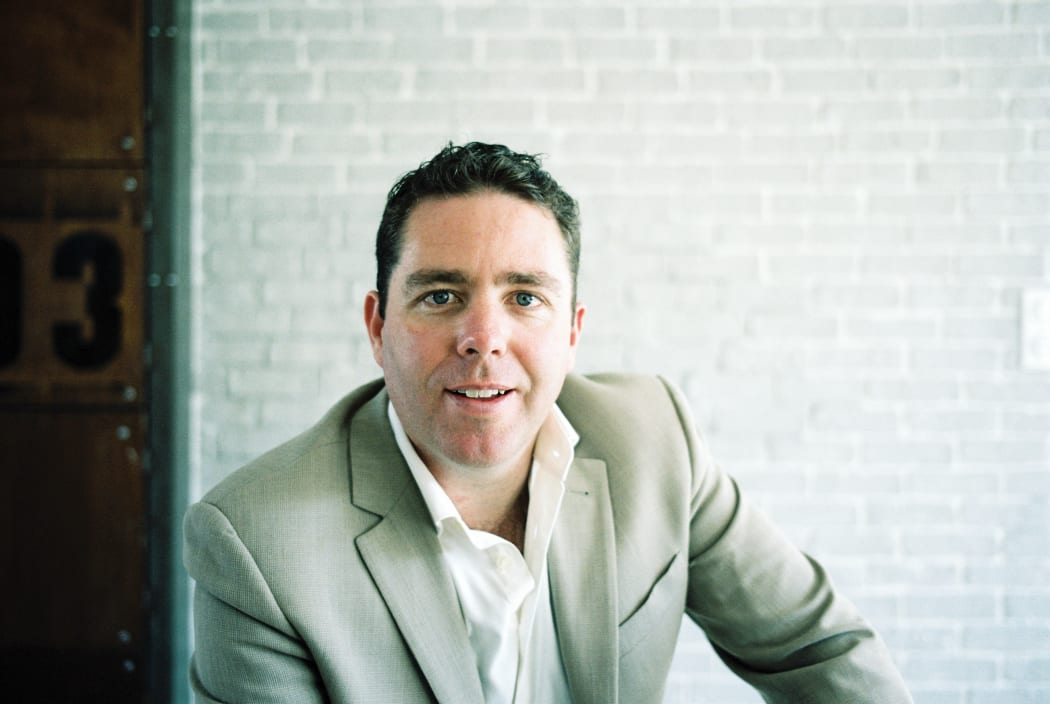
Peter Griffin Photo: Supplied
Adam Rutherford: consumer genetics
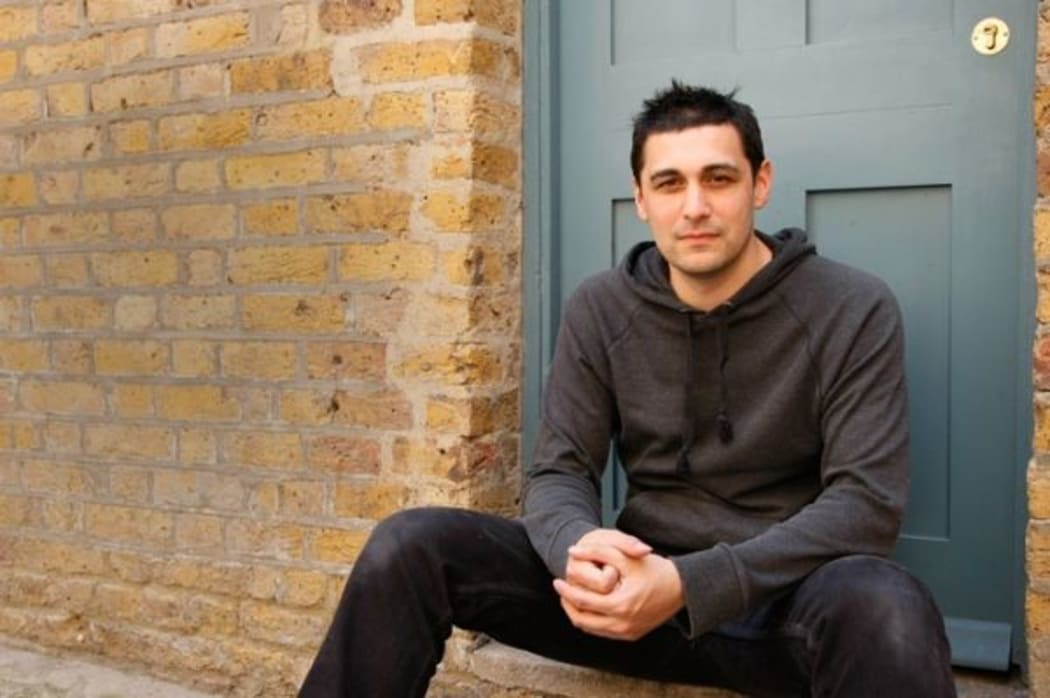
Adam Rutherford Photo: (Supplied)
The announcement of the sequencing of the human genome back in April 2003 was the culmination of 13 years of hard work and involved the spending of millions of research dollars. It remains the world's largest collaborative biological project.
Today you can get your genome sequenced in a matter of days, and we're not too far from it costing under US$1000. But what does this mean for us, and how can we use the myriad of genetic information to lead a more healthy and fulfilled life?
Dr Adam Rutherford is a geneticist and the presenter of BBC Radio 4's Inside Science show. He's here in New Zealand for a series of talks on genetics and its impact in fields like conservation, health, sex, food and even weight control.
